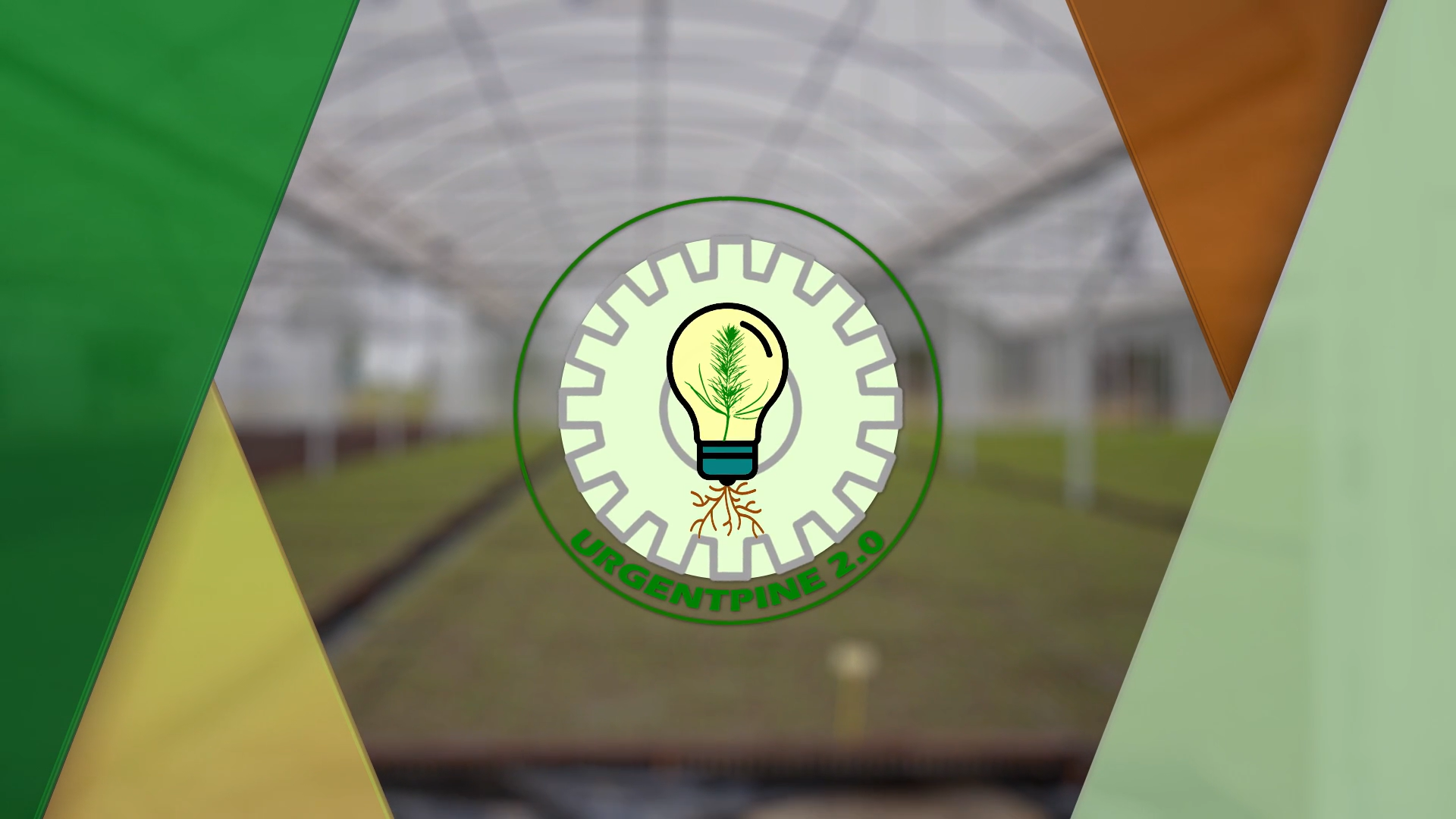The Funplant Lab, from CESAM and the Department of Biology at UA, in partnership with the company Sociedade Agrícola e Pecuária Melo e Cancela, developed the UrgentPine2.0 project. The goal of this project is to find solutions for the sustainable production of forest plants.
The work under this project was initially carried out in forest nurseries in Anadia and later in the laboratories of the University of Aveiro. It lasted for 11 months and was financed by CENTRO 2020.
Our forest faces constant threats, such as increasingly frequent fires and diseases. In this context, there is growing pressure on nursery workers to increase plant production and meet ongoing reforestation projects. On the other hand, there are limitations in agrochemical products approved for nurseries that enable the required production rate. The aim of this project was to help nursery workers find alternative, scientifically based, and environmentally friendly solutions that enhance the quality and resilience of the plants produced.
Based on the knowledge gained over the past few years, the project members identified two strategies to test: firstly, biological strategies, including bacterial consortia, a current theme with promising results; secondly, commercial formulations, some containing natural extracts rarely used in nurseries.
Initially, in nurseries in Anadia, 4000 seeds of maritime pine and radiata pine were planted with different treatments (biological and commercial products). Germination, phytosanitary status, and plant development were monitored. The substrate, a crucial component in the production of quality plants, was monitored to assess the dynamics of the bacterial community. In the laboratory, the applied strategies were validated, assessing their role in essential functions for growth (chlorophyll content) and plant defense (phenol content).
In a second phase, the plants were transferred to the University of Aveiro. Under biosafety conditions, they were artificially inoculated with a fungus causing disease, Fusarium circinatum. This trial aimed to assess the plants’ resistance to agents causing pine resin canker disease, an emerging disease threatening conifers across Europe.
This proof-of-concept project allows the testing of products/concepts developed and previously tested only in the laboratory under real plant production conditions (Nurseries). This represents a significant advancement to operationalize the idea, bringing academia closer to companies.
About the project results:
The project identified a set of bacteria capable of promoting pine tree development in nurseries. Thus, this project contributed to the study of more sustainable production alternatives, environmentally friendly, using fewer agrochemicals. The UrgentPine2 project responds not only to the need to produce more plants, a requirement of ongoing national and international reforestation programs but also to the need for plants more adapted to challenges related to global changes, contributing to a more resilient forest.
About Sociedade Agrícola e Pecuária Melo & Cancela, LDA:
This company specializes in the production and commercialization of forest species, with over two decades of experience and an area of approximately 10 hectares at its headquarters and production unit and 2 hectares at its commercial unit. It is a reference company in the CENTRO region in the field of plant production, characterized by the quality of its infrastructure and technical and human resources. Sociedade Agrícola e Pecuária Melo & Cancela, LDA received the SME Excellence Award in 2019 and 2021.
Watch the project video here: URGENT PINE 2.0 on Vimeo
Text by: Frederico Leitão in collaboration with CESAM
